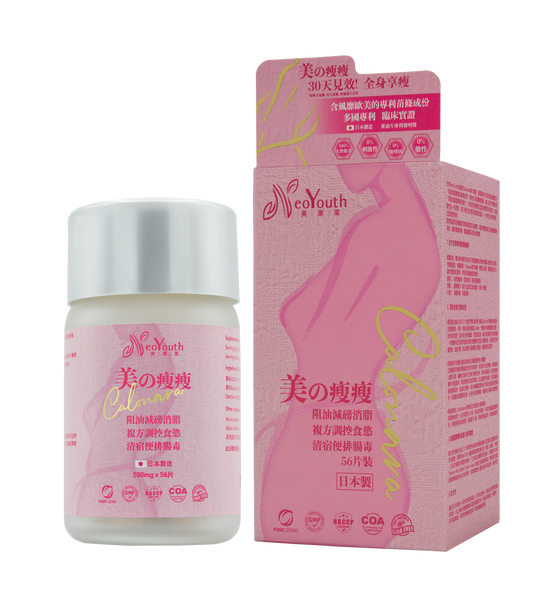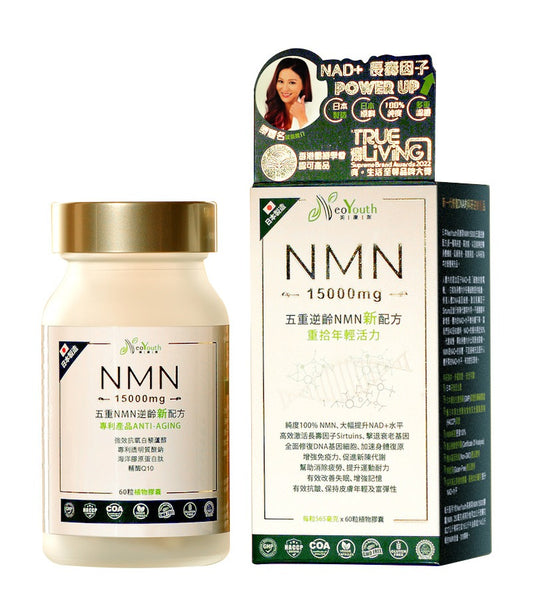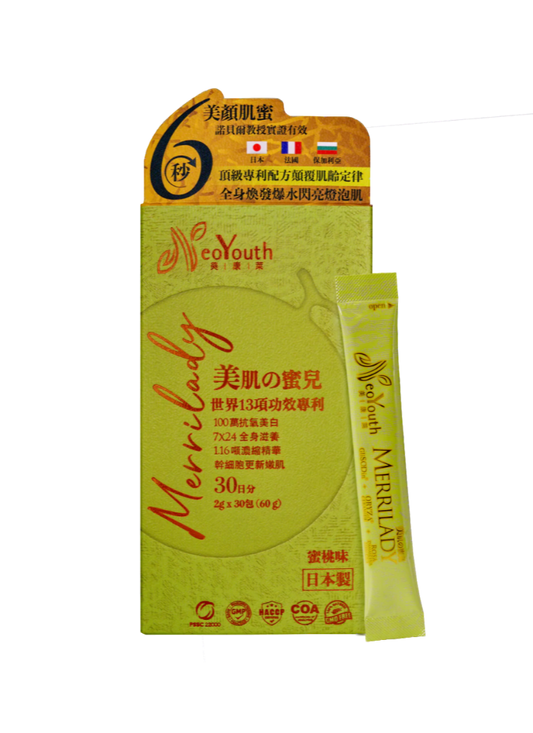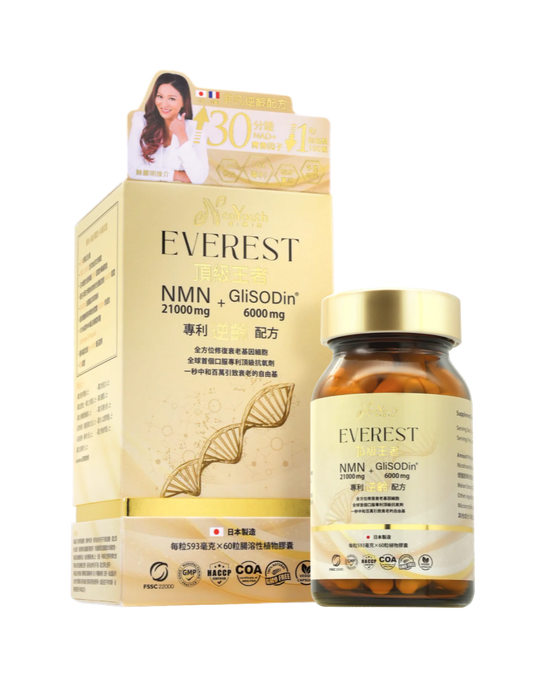Allergic rhinitis (nasal allergy) is a common allergic disease, with symptoms including sneezing, runny nose, nasal congestion, and nasal itching. While traditional medicine offers a variety of drug treatments, more and more people are seeking natural remedies to relieve allergic rhinitis symptoms. The following is a brief introduction to the application of natural remedies for allergic rhinitis.
1. Explanation of Natural Therapy
Natural therapies emphasize using non-pharmaceutical methods to promote the body's self-repair capabilities. Their core concept is to enhance the body's immunity by improving lifestyle, dietary habits, and environmental conditions, thereby reducing the occurrence of allergic reactions.
2. Environmental regulation
2.1 Avoid allergens
First, identify and try to avoid contact with known allergens, which commonly include:
Pollen – During peak pollen season, minimize outdoor activities, especially in the morning and on windy days.
Dust mites – Regularly wash and disinfect bedding, use dust mite-proof mattresses and pillowcases, and keep the room dry and well-ventilated.
Animal dander – People with pet allergies should minimize contact with pets and clean their home environment regularly.
2.2 Using an air purifier
Air purifiers can effectively filter allergens and pollutants in the air and improve indoor air quality; consider choosing one with a HEPA filter, which helps capture and filter tiny allergens.
3. Dietary therapy
Diet plays an important role in naturopathy; certain foods can help boost immunity and reduce allergic reactions.
3.1 Increase antioxidant intake
Foods rich in antioxidants, such as fresh fruits and vegetables (e.g., tomatoes, bananas, grapes, oranges, lemons, spinach, etc.), help reduce inflammation and boost the immune system.
3.2 Omega-3 fatty acids
Omega-3 fatty acids have anti-inflammatory properties and can help alleviate nasal allergy symptoms. Foods rich in Omega-3 include deep-sea fish such as salmon and sardines; flaxseeds and walnuts are also suitable choices for vegetarians.
3.3 Spirulina and Probiotics
Studies have shown that probiotics can improve gut health, thereby enhancing immune function. Therefore, supplementing with probiotics or consuming fermented foods (such as cheese and kimchi) may be considered. Spirulina, as a superfood, is also believed to help boost immunity.
4. Natural therapies to consider
4.1 Essential Oil Therapy
Some essential oils can relieve allergy symptoms, for example:
Peppermint oil can help relieve nasal congestion and promote breathing.
Eucalyptus oil has anti-inflammatory and antibacterial properties and can cleanse the respiratory tract.
Placing an aromatherapy diffuser in the office or bedroom allows for convenient steam inhalation, which can gradually soothe allergy symptoms.
4.2 Saltwater rinse
Nasal irrigation with saline solution is a simple and effective way to help clear allergens and mucus from the nasal cavity. You can use saline solution or a homemade saline solution (1 cup of warm water with 1/4 teaspoon of salt) to rinse, which can help relieve nasal congestion and inflammation.
5. Adjust your lifestyle
5.1 Regular Exercise
Moderate exercise can boost the body's immunity and improve overall health. It is recommended to engage in at least 150 minutes of moderate-intensity aerobic exercise per week, such as brisk walking, swimming, or cycling.
5.2 Stress Reduction Activities
Stress can weaken the immune system and increase allergic reactions. Methods such as yoga, meditation, or deep breathing exercises can effectively reduce stress and improve physical and mental health.
5.3 Sufficient sleep
Getting enough sleep is crucial for maintaining good immune function; adults should aim for 7 to 9 hours of quality sleep each night.
Natural therapies offer a safe and effective alternative treatment option for those suffering from nasal allergies. A comprehensive approach using natural therapies can not only help alleviate symptoms but also improve quality of life and promote health; the key is consistency!





